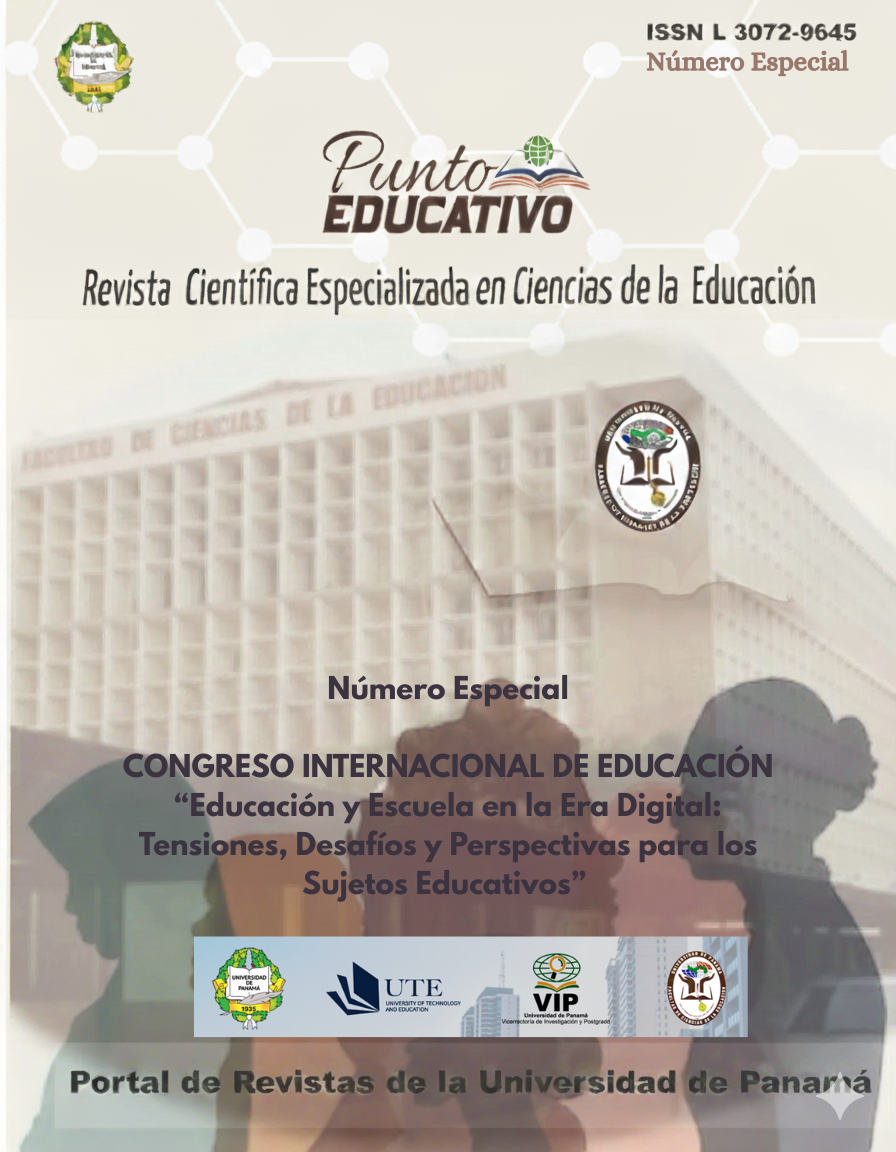

Copyright (c) 2025 Punto educativo

This work is licensed under a Creative Commons Attribution-NonCommercial-ShareAlike 4.0 International License.
The state of the art is presented on the review of some models of vocational guidance, socio-occupational guidance and life projects related to the academic performance of secondary school students in a public educational institution (IE) in Chiquinquirá, Colombia. The aim is to evaluate the influence of thoughts, behaviors and attitudes, which can develop self-managed habits and provide meaning for making occupational decisions. The literature was reviewed using Scopus and Google Scholar search engines and different models of vocational and/or socio-occupational guidance were analyzed that seek to explain the problem of low academic performance, the most relevant being: Edgar Morin's complex thinking (2020), Von Foerster's systemic thinking (2002), Villarini's authentic learning and attitudes (2003) and Crane's results cycle (2007). The purpose is to contribute to the field of education and school guidance, so that, with further research, the foundations are laid for the generation of a theoretical model that can explain, predict and propose solutions to prevent poor academic performance that lead to the generation of life projects and decision making in accordance with the potential, tastes, personal interests and opportunities of students. It is concluded that to carry out this research, a mixed methodological approach is required between post-positivism and constructivism, due to its double nature: the individual social construction by the entities involved and the possibility of studying this reality by the researcher being part of it.